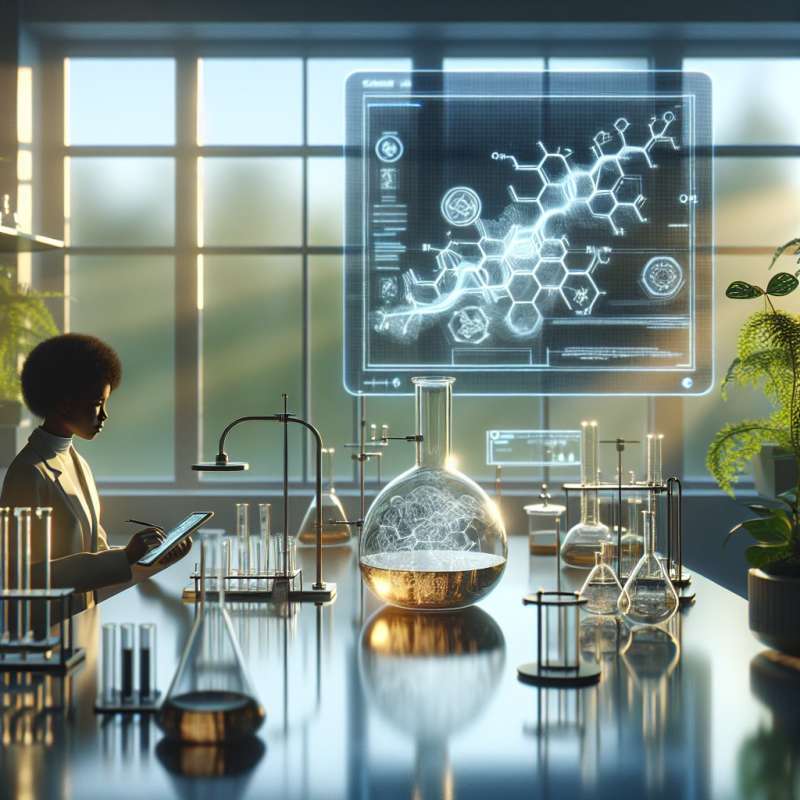
Organic Chemistry Defined
Organic chemistry is the scientific study of the structure, properties, composition, reactions, and synthesis of organic compounds containing carbon atoms.
Vitalism's Historical Roots
Early organic chemists believed in vitalism, thinking organic compounds could only derive from living organisms. Wöhler's synthesis of urea debunked this, birthing modern organic chemistry.
Carbon's Unique Versatility
Carbon atoms can form stable covalent bonds with many elements, including themselves, leading to a vast array of compounds. This ability underpins life's molecular diversity.
Stereochemistry's Intricacies
Stereochemistry involves the study of spatial arrangements of atoms in molecules, crucial for understanding biomolecules. Chirality, or 'handedness', can completely alter a molecule's biological function.
Reaction Mechanisms Unveiled
Organic reactions often proceed through a series of small, stepwise changes called mechanisms. Understanding these pathways is key to synthesizing new compounds and pharmaceuticals.
Organic Synthesis Breakthroughs
Organic synthesis crafts complex molecules from simpler ones. Nobel Prize-winning reactions like the Grubbs Catalyst revolutionized our ability to construct molecules with precision.
Green Chemistry's Rise
The field of green chemistry aims to design products and processes that reduce or eliminate hazardous substances, presenting an eco-friendly future for organic synthesis.
What does organic chemistry study?
Inorganic compound synthesis
Carbon-containing compounds
Physical properties of elements
Company